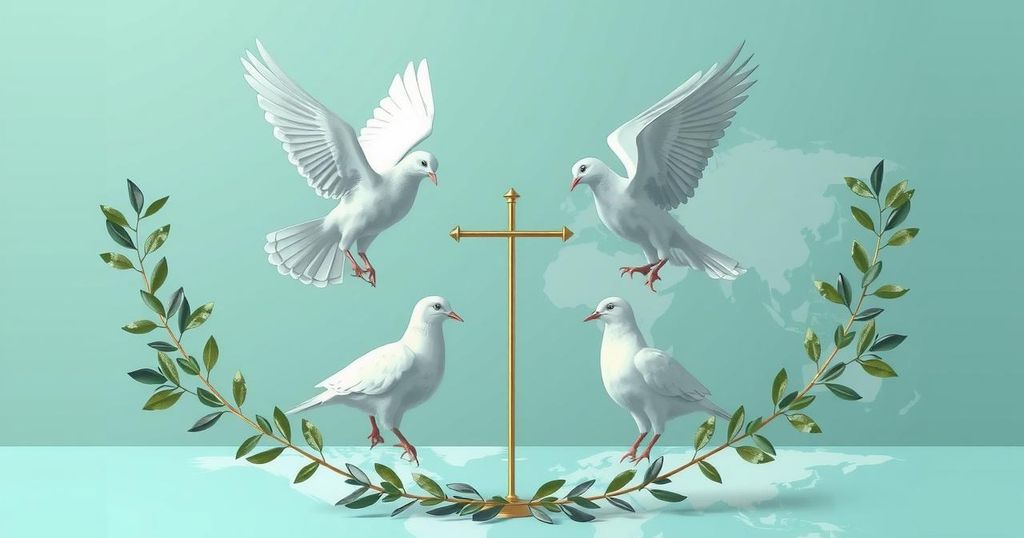Putin’s Strategic Considerations Following US-Ukraine Ceasefire Proposal

The US proposed a 30-day ceasefire between Ukraine and Russia, prompting a cautious response from the Kremlin. Putin is considering whether to accept, reject, or amend the proposal amid concerns over military advantages and public sentiment for peace. The decision ultimately rests with him, highlighting the importance of direct negotiations with Trump.
On a Tuesday night, US Secretary of State Marco Rubio proposed a 30-day ceasefire between Ukraine and Russia, prompting a cautious response from the Kremlin. By Wednesday, Russia’s foreign ministry spokeswoman, Maria Zakharova, indicated that the country would formulate its response internally. Kremlin spokesman Dmitry Peskov noted they were reviewing the joint statement from Jeddah and urged against premature conclusions.
President Vladimir Putin faces significant decisions: to accept, reject, or seek amendments to the ceasefire proposal. Commentary suggests rejecting or altering the proposal may be favored as the Russian military currently holds an advantageous position on the front lines. Former aide Sergei Markov cautioned that accepting the US suggestion could be perilous for Russia’s military.
Concerns exist that a ceasefire might allow Ukraine to regroup and rearm, leading to potential demands from Russia for an embargo on weapons supplies to Ukraine. Markov articulated that a ceasefire should coincide with an arms supply halt from the West.
Publicly, Russian sentiment appears to lean toward diplomacy, with increasing approval for peace negotiations. However, it’s unclear whether this public opinion will significantly influence Putin’s decision-making process. Another strategic option for Russia might be to accept the ceasefire while attributing any future violations to Ukrainian provocations, aimed at undermining Ukraine’s credibility.
Past attempts at ceasefires since the Crimean seizure in 2014 have failed. If the current proposal succeeds, it would be groundbreaking. Meanwhile, Russian media has mixed reactions, with some celebrating what they perceive as Ukrainian capitulation to US demands. Others, however, express skepticism, especially after the US resumed military intelligence support for Ukraine.
Several Russian officials warn that a ceasefire could strengthen Ukraine, allowing them to recuperate. The media is promoting Russian military successes, particularly highlighting recent recaptures in the Kursk region as evidence of Russia’s battlefield superiority.
Ultimately, the decision lies with President Putin, with the possibility of direct talks with Trump mentioned by Peskov. This emphasizes the importance of personal diplomacy, suggesting that significant negotiations may only occur directly between the two leaders, rather than through intermediaries.
In summary, Putin’s response to the proposed US-Ukraine ceasefire remains uncertain as he weighs several strategic options. With strong military considerations, skepticism about Ukraine’s gains from a ceasefire, and potential public sentiment favoring peace, the decision could significantly impact the ongoing conflict. The Kremlin’s long-standing position of direct presidential engagement underscores the complexity of reaching a resolution.
Original Source: www.bbc.com







